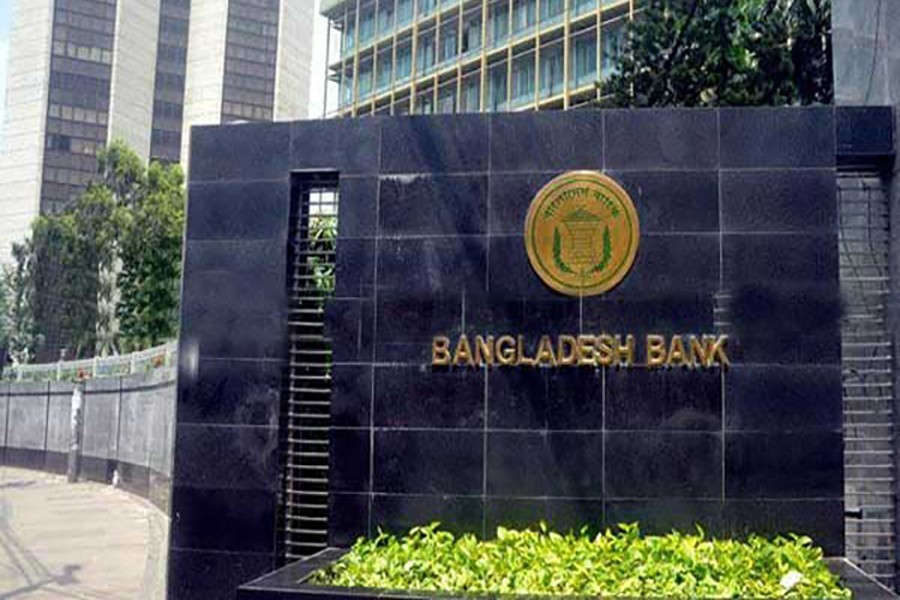The central bank has increased the allocation of Export Development Fund (EDF) scheme by 20 per cent or US$500 million aiming to facilitate the country's exporters for boosting their business activities.
The EDF allocation rose to $3.0 billion from $2.50 billion earlier, according to officials.
The enhanced EDF scheme will also help boost the inflow of foreign currency in the local market, they explained.
"We've enhanced the allocation of the low-cost fund considering the growing demand for the exporters recently," a senior official of the Bangladesh Bank (BB) told the FE on Wednesday.
He also said such enhancement of the fund will also help minimising mismatch between demand and supply of the foreign exchange in the market.
The demand for the US dollar has recently increased due to higher import payments pressure, particularly of capital machinery, petroleum products and consumer items including food grains, according to the market operators.
The central bank is also selling the US dollar as foreign currency support to the commercial banks to minimise such gap, according to another BB official.
As part of the move, the BB sold $20 million more to three banks on Wednesday to meet the growing demand for the greenback in the market.
A total of $952 million was sold since July 01 of this fiscal year, 2017-18, to the commercial banks as part of its ongoing support, the BB latest data showed.
Currently, the exporters are allowed to get such foreign currency loan from the commercial banks with paying at the London Inter-bank Offered Rate (LIBOR) plus 2.50 per cent interest.
The central bank of Bangladesh has already introduced automated system instead manual one earlier to provide such refinancing fund through the commercial banks to the exporters smoothly.
"The automated system is encouraging the commercial banks to gear up EDF disbursements to the exporters," an executive of a leading private commercial bank (BB) told the FE.
He also said such enhancement of EDF scheme helps increase the inflow of foreign exchange in the market.
Under the existing provisions, the EDF financing is allowed for input procurements against back-to-back import letters of credit (LCs) or inland back-to-back LCs in foreign exchange, by manufactures producing final output for direct export and also by producers of local deliveries to manufacturers of the final export.
The EDF loans from the central bank are payable by the banks upon receipt of exports proceeds within 180 days from the date of disbursement, extendable by the BB up to 270 days in case of a longer period for repatriation of export proceeds.


